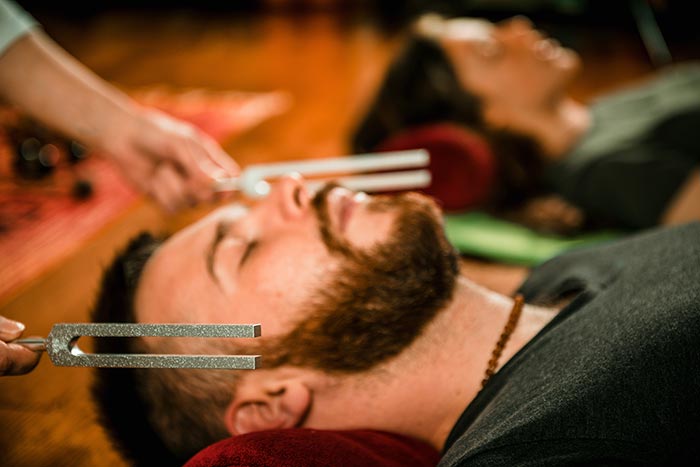There is no feeling like being in the flow of doing something and flourishing at a particular craft. The first time you rode a bike without falling, or when you took up running and ran your first 10k is an excellent feeling of freedom and achievement. However, getting to this level is not simple, and requires practice and effort- but how do we achieve this?
Thriving in piano playing has similarities to other high-performance areas and none more so than high-level elite sports performance.
In a study on thriving in elite sports performers, Dr Daniel Brown, a sports scientist at the University of Portsmouth, identified various factors contributing to a sports person – looking and feeling – outstanding
In a small-scale study examining the views of athletes, coaches and sports psychologists in elite sports, the researchers found some critical factors related to thriving in a particular field.
Dr. Brown said: “Doing your best as a sportsman or woman sounds simple, but we’ve found a complex mix of factors which promote thriving and could help those working at the elite level.”
Dr. Daniel Brown, Sport Scientist
Dr. Brown’s research found that elite athletes felt having the desire and motivation to do well and setting challenging goals were the key factors enabling them to thrive at the highest level.
Lets view these key characteristics and see how they relate to piano practice.
Characteristics of Thriving:
- Sustained high-level performance
- Optimistic
- Active awareness of areas for improvement
- Possess high-quality motivation
- Display upward progression
- Has a sense of belonging
1. Sustained High-level Performance
My weekly lessons push my limits and provide an excellent marker of where I need to improve. This work together is vital in giving me feedback on where I need to focus and the expectations of where I should be. Without these weekly check-ins, my performance may drift and I would not be at the level I am now.
2. Optimistic.
Some days, practice feels easier than others right? On the challenging days, it sometimes feels like it’s a struggle and it can seem like you have taken a step back. These days, you just have to remember your progress and trust the process that you are getting better.
3. Active Awareness of Areas for Improvement
This always comes back to the idea of dedicated practice. Where are you now in terms of what you need to get better at? How much time are you going to dedicate to working on these specifics?
Also, it is vital to have ways of measuring your improvement, how will you know when you have improved?
4. Possess High-quality Motivation
I believe that motivation is a fickle beast. The best way to feel motivated is to see improvement. And the best way to get improvement is to practice well, which requires organisation and discipline in your routine.
It’s a bit like going to the gym and doing weights. You may be motivated to start, but nothing keeps you driven further down the line than seeing your results (bigger biceps, firmer tummy etc). This gives you the drive to keep going and it’s the same with playing. There is no better
feeling than overcoming a particularly challenging section or playing a piece beautifully (it does happen sometimes! :))
5. Display Upward Progression
I see this as making constant, deliberate progress in your craft. Over time, you should be hitting daily, weekly and monthly goals and showing recorded progress. This upward momentum not only keeps an excellent record of where you are but helps to keep you motivated when you need a boost.
6. Has a Sense of Belonging
Do you see yourself as a piano player? A beginner? A maestro? It is vital that you feel confident in your ability and that even from day one, you see yourself as a piano player. In sports, the mental aspect is now seen as important as physical preparation. You can’t be a champion if you don’t feel like one.
To become your best self in anything, you have to have a roadmap to success and ensure you are following the correct rituals to achieve it.
Are you ready to thrive?











